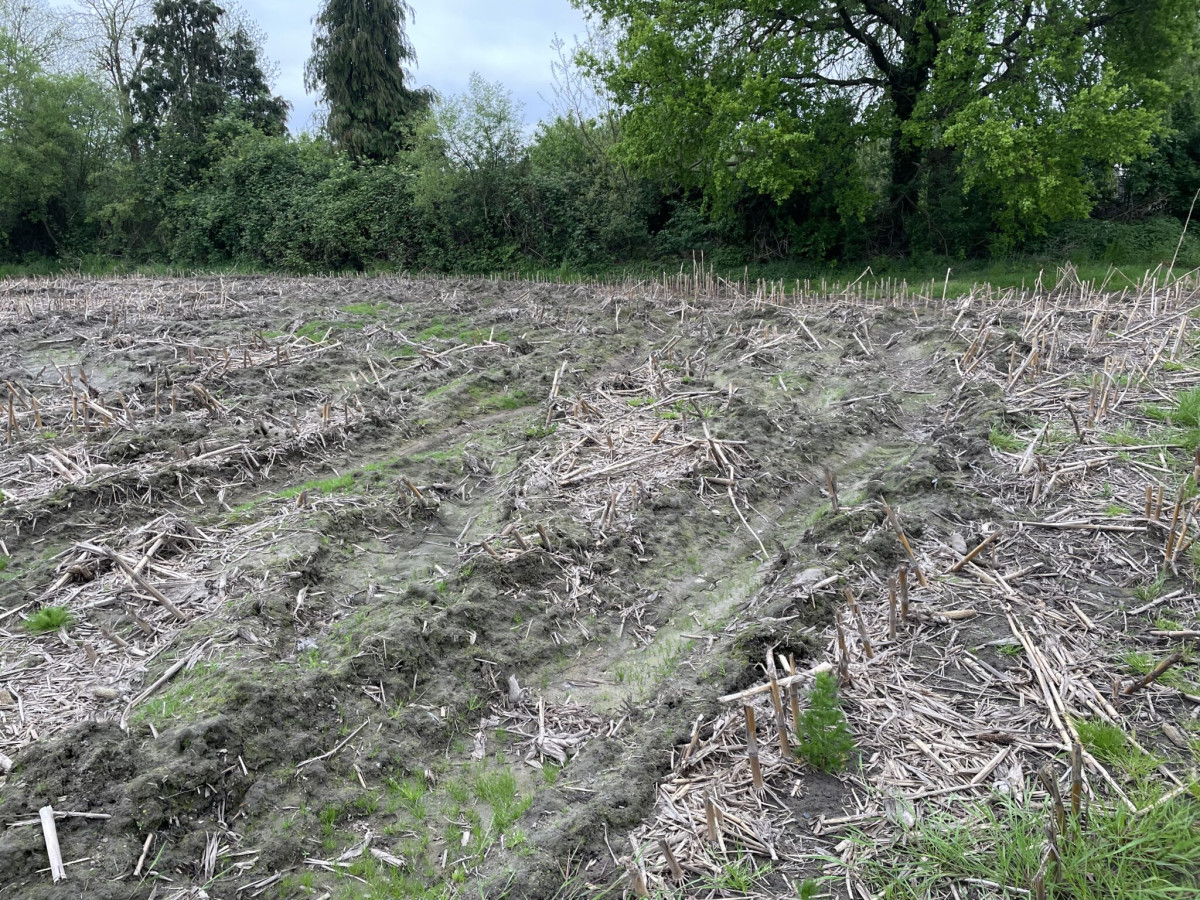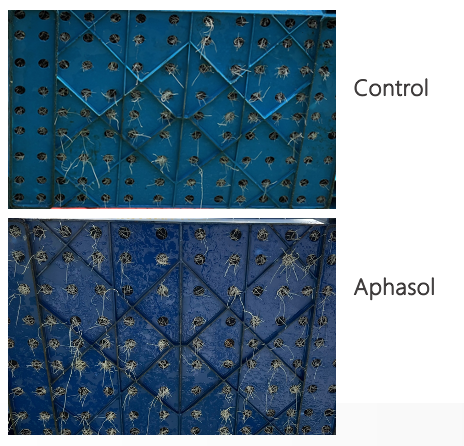Tackling Soil Compaction: How Aphasol Drives Root Growth
After months of heavy rainfall, many fields look tired and tight. Excess moisture has sealed and compacted the soil, restricting rooting and, ultimately, holding back yield. Compacted layers “suffocate” the root zone, making establishment and early growth a struggle.

Why compaction has spiked
Harvesting late-season crops on wet ground has left soils smeared and densely packed — a familiar challenge across arable systems.
Where Aphasol helps
Aphasol is known for supporting root development in difficult conditions, helping crops push through compacted horizons. Growers typically see:
Stronger root systems – Aphasol promotes healthy root initiation and elongation even in slaked, dense soils, building deeper, more robust architecture for improved water and nutrient capture.
Greater penetration power – By enhancing root vigour, plants are better able to break through compacted layers and access resources that would otherwise remain out of reach.Evidence from recent trials
Celery – farm trials, Staden (BE), 2023
Objective: demonstrate impact on root development.
Conclusion: visibly improved rooting.Maize – lab trial, Ghent University, 2023
Objective: assess effects under controlled conditions.
Conclusion: significant increases in root biomass and shoot biomass. Across multiple lab trials and crops, root biomass gains of up to 45% were observed.

Bottom line: Applying Aphasol helps counter the effects of soil compaction while lifting overall crop health and productivity.